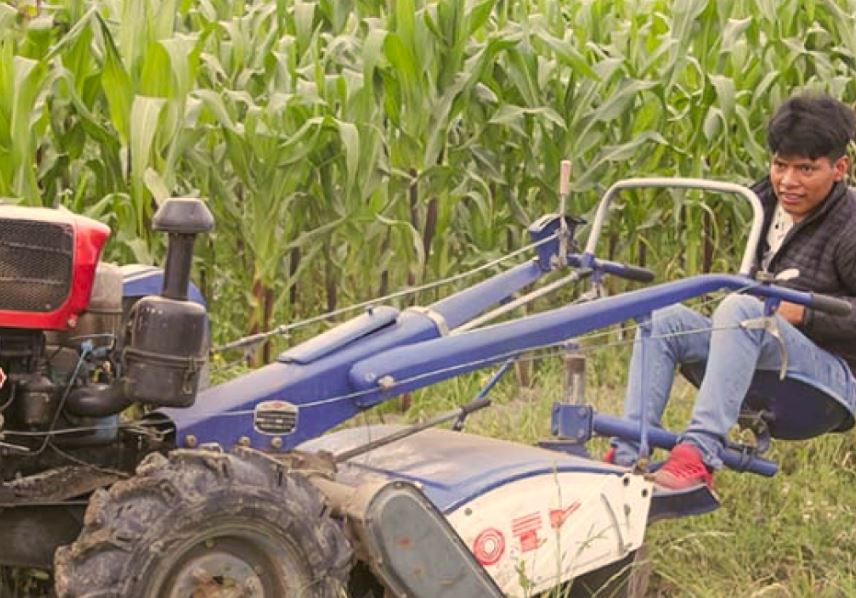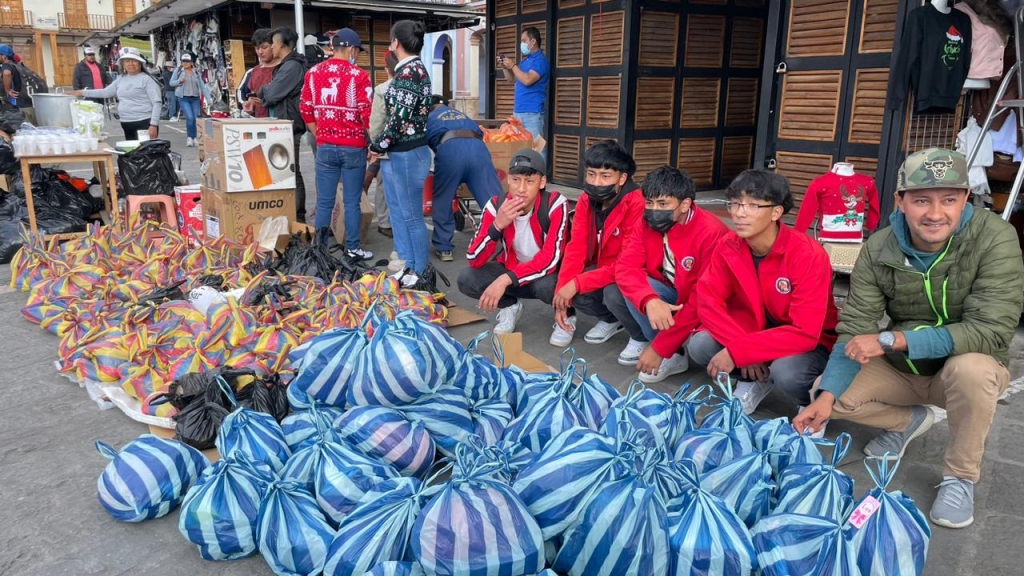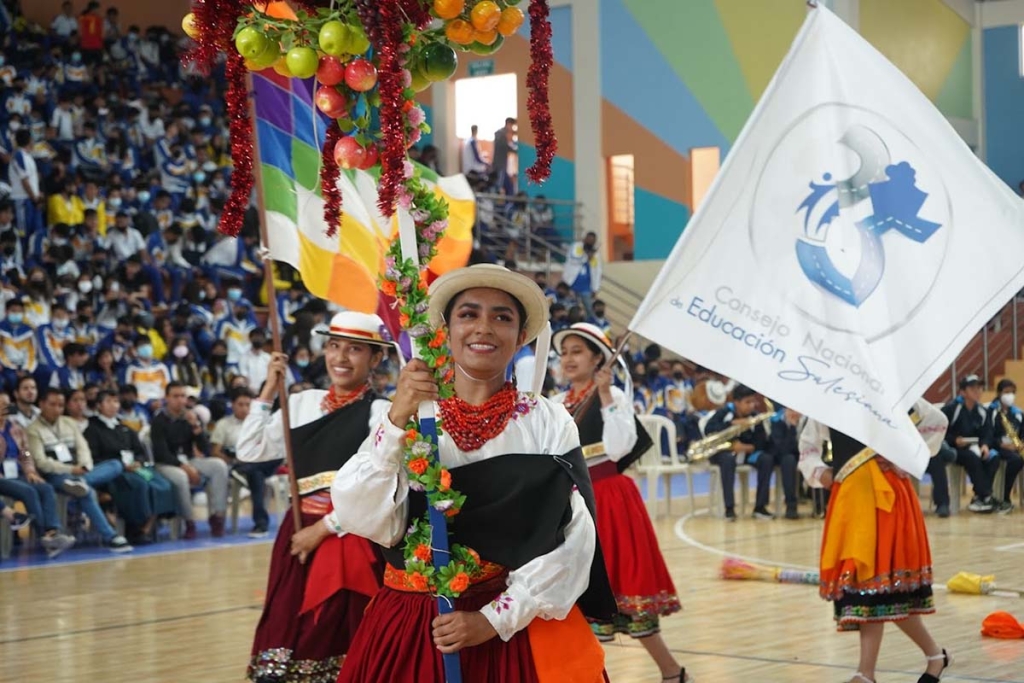ECUADOR: Youth Hope to “Bet on the Future” Through Education in Ecuador
(MissionNewswire) Community members in Esmeraldas, Ecuador are waging that a quality educational alternative will help improve primary school graduation rates. Currently, only half of the population of 400,000 has graduated from primary school, and 76 percent are unable to meet their basic needs.
The “Bet on the Future” campaign (Apuestan por su futuro in Spanish) is a community-based effort that aims to remodel and maintain school reinforcement centers, strengthen infrastructure and obtain resources to provide extra educational support to children who may be struggling with their studies in traditional schools. The program is a collaboration between the community of Esmeraldas, the Salesian Society in Ecuador and the Don Bosco Solidarity Campaign, Madrid, Spain.
Ecuador is one of the most inequitable societies in the world, according to UNICEF. The richest 20 percent of the population receives almost half of the national income, while the poorest 20 percent receives only 5 percent. Many of the poorer urban population receive $2.70 a day and indigenous populations receive just $1.30, according to a study of 12,000 urban homes conducted by the National Institute of Statistics as part of a UNICEF report.
“We know that there are a great many factors that prevent children and youth from finishing school, even when education is their basic right. In Esmeraldas, the community has determined they must strengthen the support system to help children succeed with their studies,” says Father Mark Hyde, executive director of Salesian Missions, the U.S. arm of the Salesians of Don Bosco.
Fr. Hyde adds that the main income-generating activities in Esmeraldas are agriculture, livestock and tourism, all of which require parents to spend long hours working, leaving little time to care for their families. Therefore, tutoring has also been identified as a key need by the community and eight school reinforcement centers have been selected based on the need for maintenance and basic infrastructure.
The “Bet on the Future” campaign is just one example of a community-based partnership developed with the Salesians in Ecuador. Another is the Salesian Center for the Young Worker, which has been recognized by UNICEF as an exemplary social and educational institute. There, students are trained in auto mechanics, woodworking, baking, beauty care and cooking. Parents help provide meals for the students, and weekend student volunteers help build houses for the families who have come into the city looking for work. Approximately half of the students come to the Center without an elementary education—and not only do 85 percent finish elementary or middle school but 64 percent continue to study after they have completed their training.
“In many communities—in Ecuador and around the world—parents understand the critical importance of education for their children, even if they lack the resources to provide it. These parents want a better life for their children,” says Fr. Hyde. “Because the Salesians are already part of the community, it can work with parents and community members to help make education a reality.”
Other Salesian projects in Ecuador include:
- At “Project for Street Children” sites throughout the country, vulnerable and at-risk boys gain an all-around education that allows them to take the lead in developing their own skills and potential. The project uses an active presence on the streets, technical training and schools and the support of families and communities that care for the boys and their rehabilitation.
- Through a microfinance credit program from Salesian Missions, indigenous and rural populations have access to funds for agricultural and microbusiness activities. Currently, 12,000 people are taking advantage of this opportunity in 85 different communities.
“Education provides the best opportunity for reducing inequities that many in the communities across Ecuador struggle with on a daily basis,” says Fr. Hyde.
In more than 130 countries around the world, Salesian Missions programs range from classroom education and feeding programs to agricultural and trade schools. They have provided orphanages and shelters for homeless youth to more than 3 million children. The focus of the Salesians’ work is on making education a reality, even for the poorest youth, while also providing the essentials such as food and housing.
###




